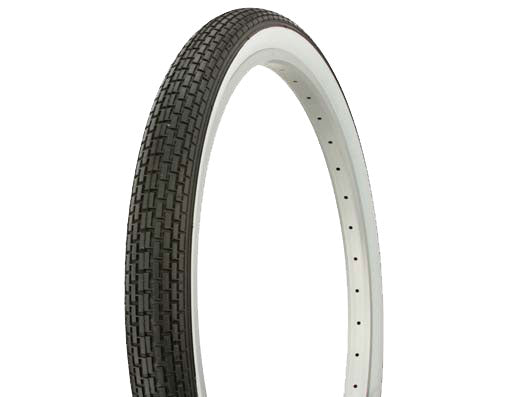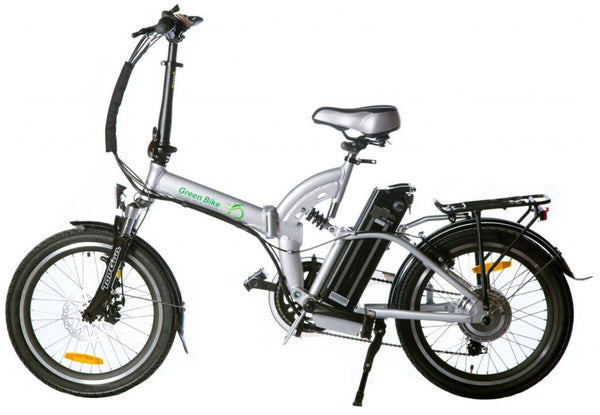- A 135-pound woman pedaling 12 to 14 miles an hour blasts 488 calories in 60 minutes.
-
You Can Do It on the Go
Half of American workers live within five miles of their workplace, according to the most recent National Household Transportation Survey. That's a totally doable 20-minute ride each way. If you live close to your office, you can pedal to work twice a week and burn up to 3,000 extra calories—close to one pound of fat—each month. -
It Tones You All Over
Cyclists are notorious for having killer legs. After all, the quads, glutes, and calves are propelling the bike. But working the handlebar sculpts your upper body too, giving you balanced tone, says Erik Moen, a physical therapist who treats elite athletes. -
It Boosts Energy
Feeling sluggish? A study published in the journal Psychotherapy and Psychosomatics found that bike riding improved energy levels by 20 percent and decreased fatigue by 65 percent. Why? Cycling triggers your brain to release the neurotransmitter dopamine, which is linked to energy, says lead author Patrick O'Connor, Ph.D., a professor of kinesiology at the University of Georgia at Athens. There's no need to ride hard to harness the perk. People in the study who pedaled at a low to moderate pace three times a week fought fatigue best. -
It Saves Your Joints
"Riding a bike puts a lot less stress on the knees, ankles, and spine than walking or running," Moen says. Get the perfect fit: Your knee should bend just slightly (about 25 degrees) on the down pedal stroke. If it's too straight or too bent, bring your ride to a bike shop and have a professional fitter adjust your saddle. -
Every Muscle Feels It
Find a hill that takes three to 10 minutes to climb, suggests Rebecca Rusch, a world-champion mountain bike racer. Ride up two or three times, spending roughly half the time pedaling out of the saddle. Pedaling while standing engages your core and triceps as you stabilize your body over the bike. -
It Protects Your Ticker
Heart disease is the number-one killer of women in this country, and two top risk factors are high blood pressure and high LDL cholesterol. In one study, researchers had 32 women ride at a moderate to high intensity three times a week for at least half an hour. After a year, they'd lowered their blood pressure and LDL, as well as significantly increased their aerobic fitness. "Look for a road or path where you can ride for at least 30 minutes without stopping so you can keep a consistently high pace," Rusch says.
-
-
0 • $0
Plus -2 More
-


